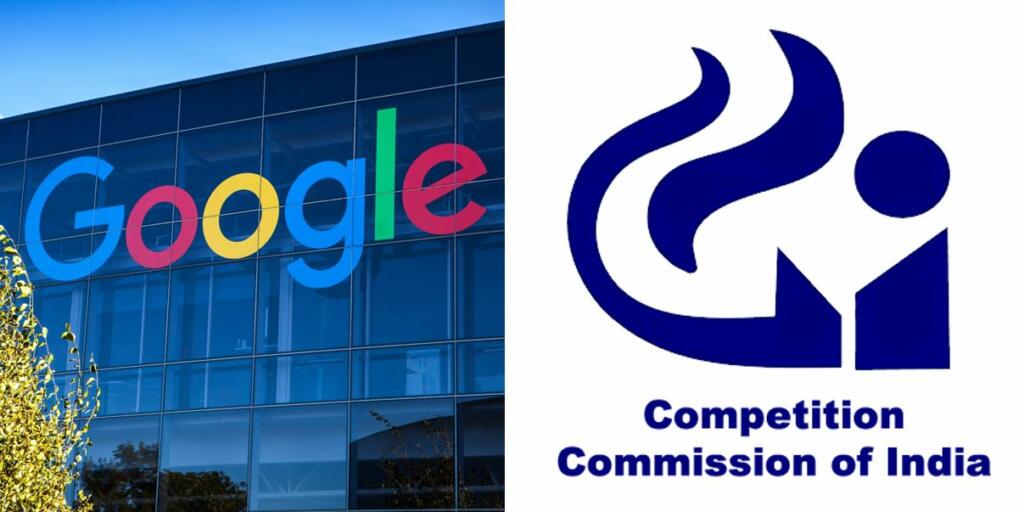- According to a June report by the Competition Commission of India, Google reduced “the ability and incentive of device manufacturers to develop and sell devices operating on alternative versions of Android.”
- For the last two years, CCI is probing Google over the monopoly practices of the company.
- In the last few months, Google has received backlash across the world for abusing the dominance of Andriod and Playstore.
- In India, the most recent case of Google’s reckless behavior was the removal of the Paytm app from Google Playstore.
Competition Commission of India (CCI), the monopoly investigation agency of India, has found that Google is abusing its dominant position with respect to Android. For the last two years, CCI is probing Google over the monopoly practices of the company, and according to media reports, the final version of the report does not look good for Google.
According to a June report by the Competition Commission of India, Google reduced “the ability and incentive of device manufacturers to develop and sell devices operating on alternative versions of Android.”
Android is the dominant operating system in Indian mobile phones, controlling more than 90 percent of the market share. Thanks to Android’s dominance, Google pre-installs many of its apps on the system. Also, it takes money from the other companies to pre-install their apps on Smartphones.
In the last few months, Google has received backlash across the world for abusing the dominance of Andriod and Playstore, and regulators in many countries imposed fines worth hundreds of millions of dollars on the company.
The latest anti-trust fine imposed on the company is by the Korea Fair Trade Commission (KFTC), which slapped Google with a 177 million dollars anti-trust fine for abusing the market dominance of Android. Earlier Italian anti-trust regulator hit the company with a fine of 123 million dollars for abusing market dominance through Andriod Auto, a modified version of Andriod OS for in-car use.
In India, the most recent case of Google’s reckless behavior was the removal of the Paytm app from Google Playstore. Before that, Google earned the ire of the Indian startup community after its decision to enforce a 30% commission it charges on payments made within apps on the Android store.
While Google denied app removal allegations, the Indian startup sector was rocked by the news of Google removing Paytm from its Play Store which caused a huge uproar amongst the community. While Google restored Paytm on its Play Store after few hours with Paytm making certain changes, the damage had been done.
Paytm Founder Vijay Shekhar Sharma launched a sharp rebuke as he termed Google as the “big daddy” that controls the “oxygen supply of (app) distribution” on Android phones during the video conference.
After that, many Indian startup founders decided to come together and explore an alternative to Playstore in order to teach the company and lesson, and the work in this direction is in progress. The executives present on the call also discussed filing antitrust complaints and approaching Google’s India head for its decision with Google defending its policy claiming that 97% of apps worldwide comply with the same.
India has a thriving startup ecosystem that can be deaccelerated by monopolistic companies like Google and Facebook for petty profits.
“If we together don’t do anything, then history will not be kind to us. We have to control our digital destiny,” said Sharma.
Moreover, in a bid to support Indian app developers after its own app was removed by Google from its Play Store, Paytm launched an Android Mini App Store to support local developers take their innovative products to the masses.
Paytm said it will provide listing and distribution of these mini-apps within its app without any charges. For payments, developers will be able to give a choice of Paytm Wallet, Paytm Payments Bank, UPI, net-banking, and Cards to their users.
More than 300 app-based service providers such as Decathlon, Ola, Park+, Rapido, Netmeds, 1MG, Domino’s Pizza, FreshMenu, NoBroker have already joined the program. It is pertinent to note that some of India’s biggest startups, Dream Sports, PhonePe, ShareChat, and Paytm were a part of the video conference and are now planning on crafting a joint attack to end Google’s dominance.
With the latest CCI reports, the problems of Google are expected to accentuate and the anti-trust wave against the company is expected to strengthen globally. The company is expected to be fined by the Indian regulators very soon.
